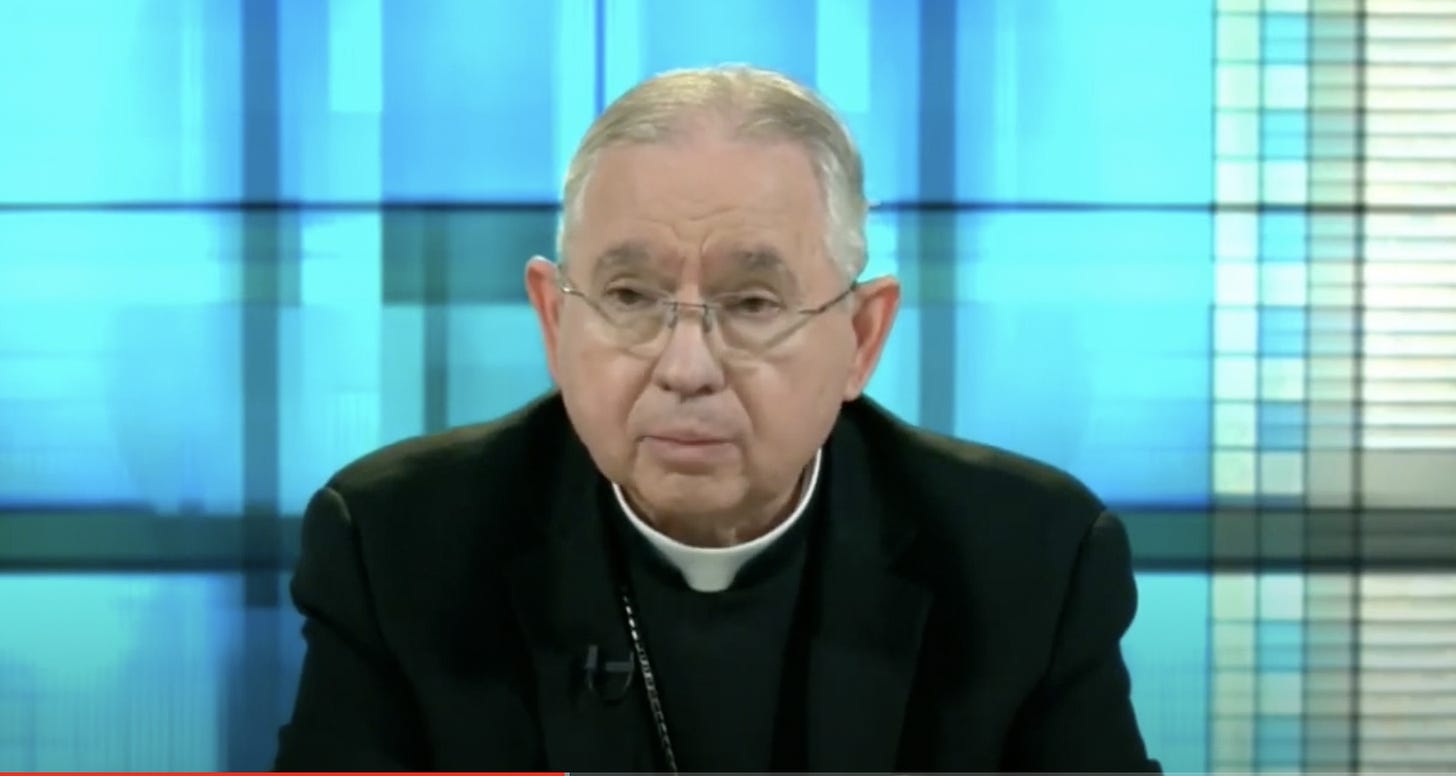When bishops debate unity, are they talking about ‘accompaniment’ or ‘accommodation’?
Analysis
Last week’s USCCB session saw the nation’s bishops divided in a fractious discussion over — of all topics — Christian unity.
The conversation, ironically, served mostly to highlight disagreement among the bishops over what ecclesial unity really is, and what it takes to achieve it.

